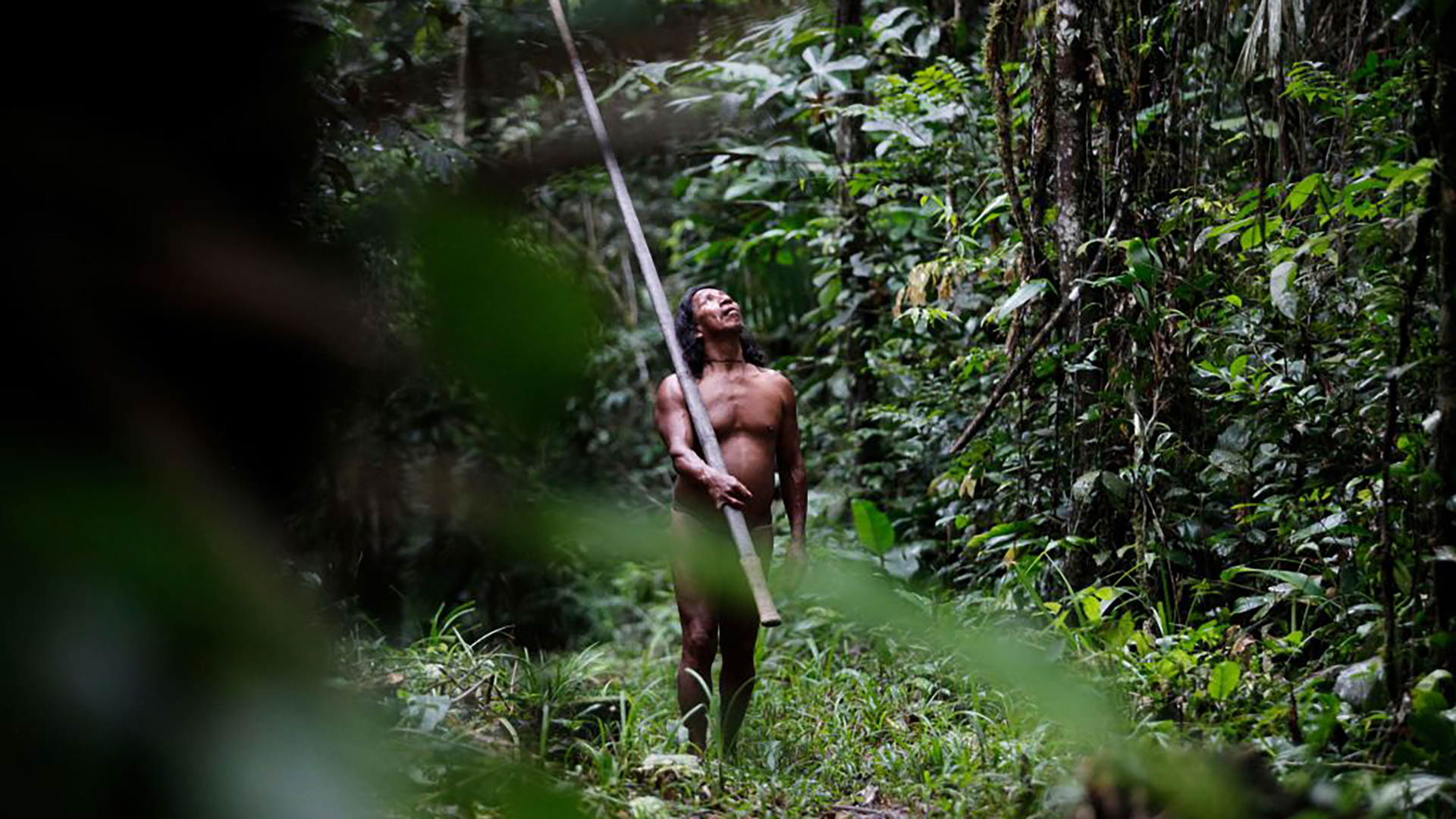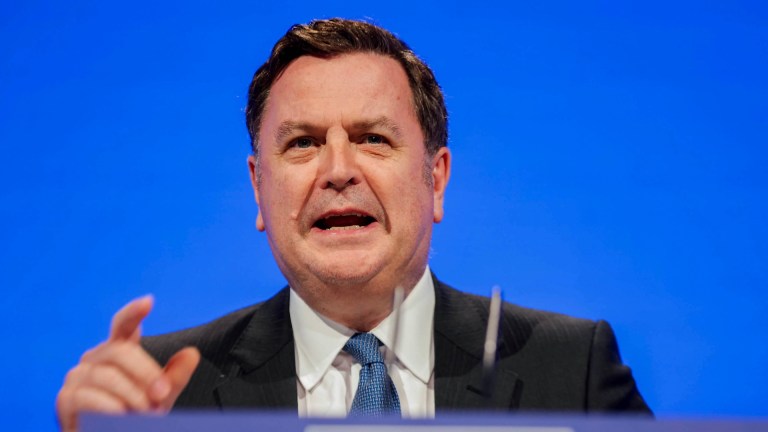History was made on August 20. The people of Ecuador voted to become the first country in the world to limit fossil fuel extraction through direct democracy – making them a global trailblazer. Amid an election overshadowed by unprecedented violence – August saw three political leaders, including presidential candidate Fernando Villavicencio, murdered – this news offers a beacon of hope. With a margin of almost 20%, more than 5.2 million people voted in favour compared with 3.6 million against. Which means the development of all new oil wells in the Yasuní national park in the Amazon, one of the most biodiverse regions on the planet is now set to be halted.
This is of particular significance given that Ecuador’s economy relies heavily on oil exports. Indeed, it is part of the inter-state conflict surrounding the just transition: who, globally should be halting oil and fossil fuel extraction first? Who will be expected to face the consequences of continuing destructive practices on one hand, and stopping on the other, at the risk of economic loss? Conversely, who is profiting from the choices we make and who is asked to make sacrifices?
The conflict here was on two levels: that of the state, and that of class. Oil-rich countries that developed their oil resources became rich – while oil executives who are also in governments became billionaires and, to some extent, were able to give their citizens a higher standard of living. Ecuador could have also aspired to, and followed, this model.
Get the latest news and insight into how the Big Issue magazine is made by signing up for the Inside Big Issue newsletter
But campaigners in Ecuador have shown they want another way. They recognise that it will only be transnational corporations and local elites who’ll get richer if oil extraction continues – at the great expense of campesino and indigenous populations who would have continued to be driven off their lands and communities.
Crucially, this is not a position that Ecuador should have ever had to face. Environmental justice need not have been placed in opposition to economic justice. The two can go hand in hand. Were former president Rafael Correa’s calls 16 years ago for the international community to contribute $3.6bn in exchange for a ban on drilling heeded, this would have been possible. But it is not too late for the international community – particularly rich nations – to act now.









